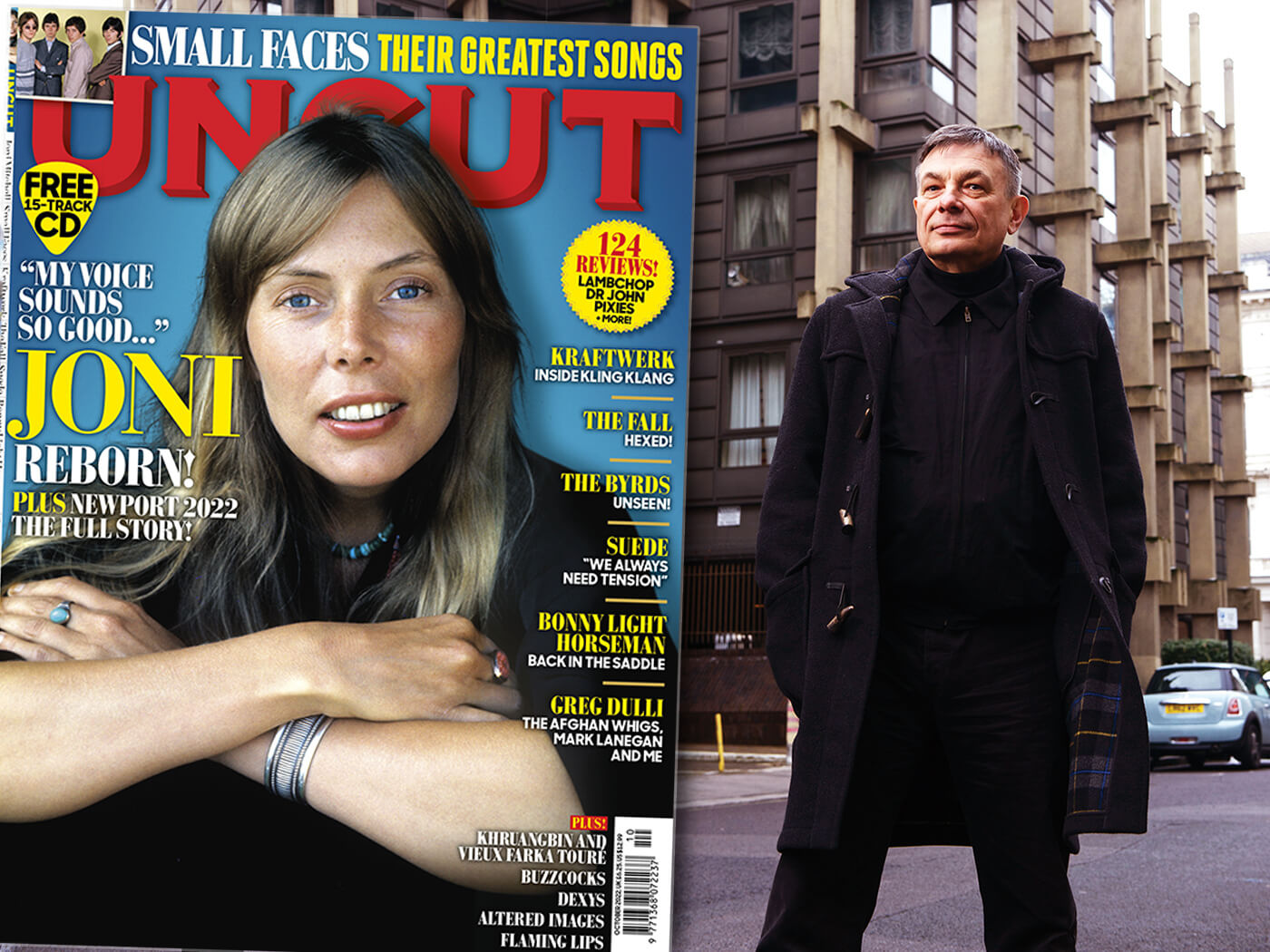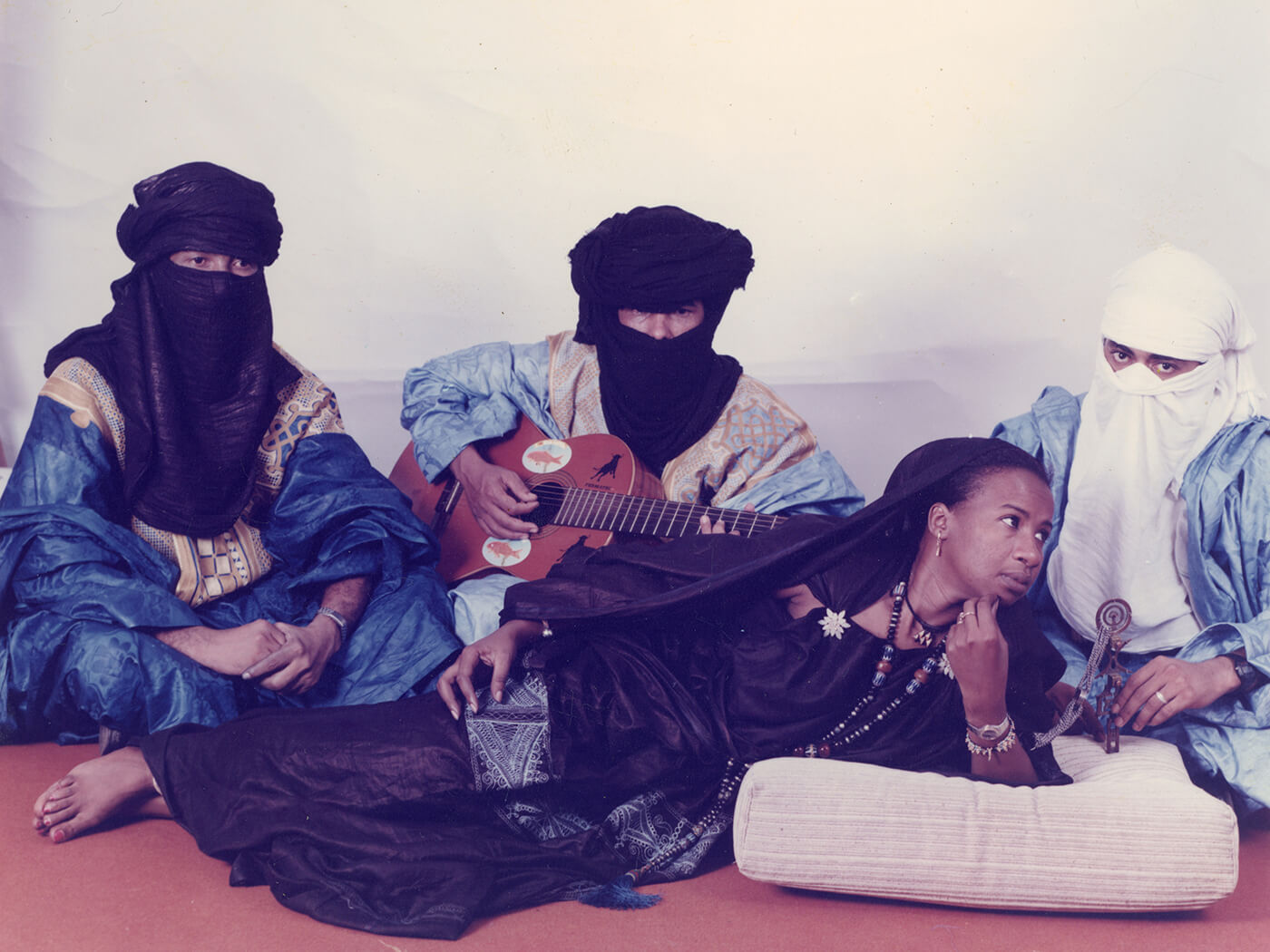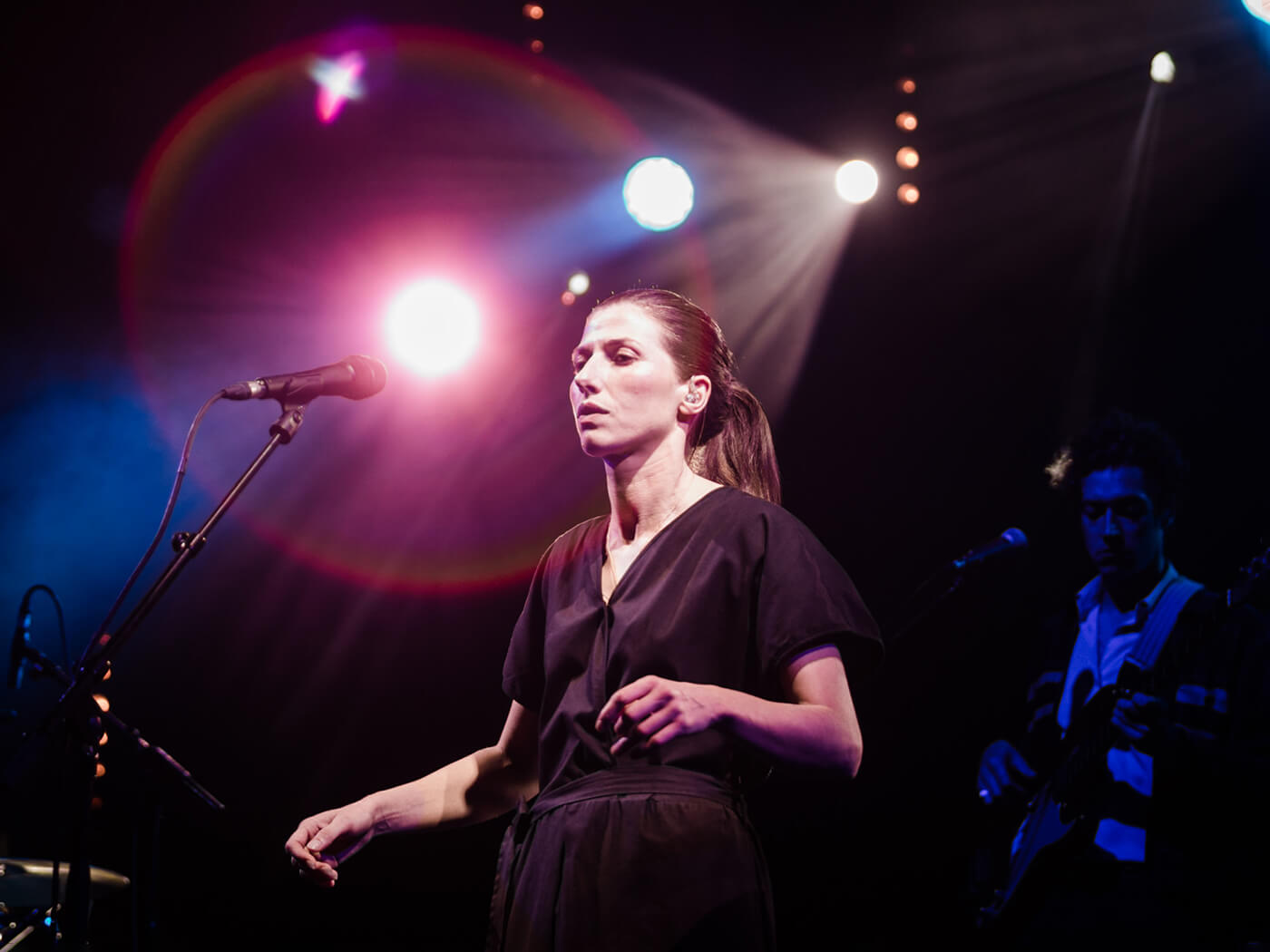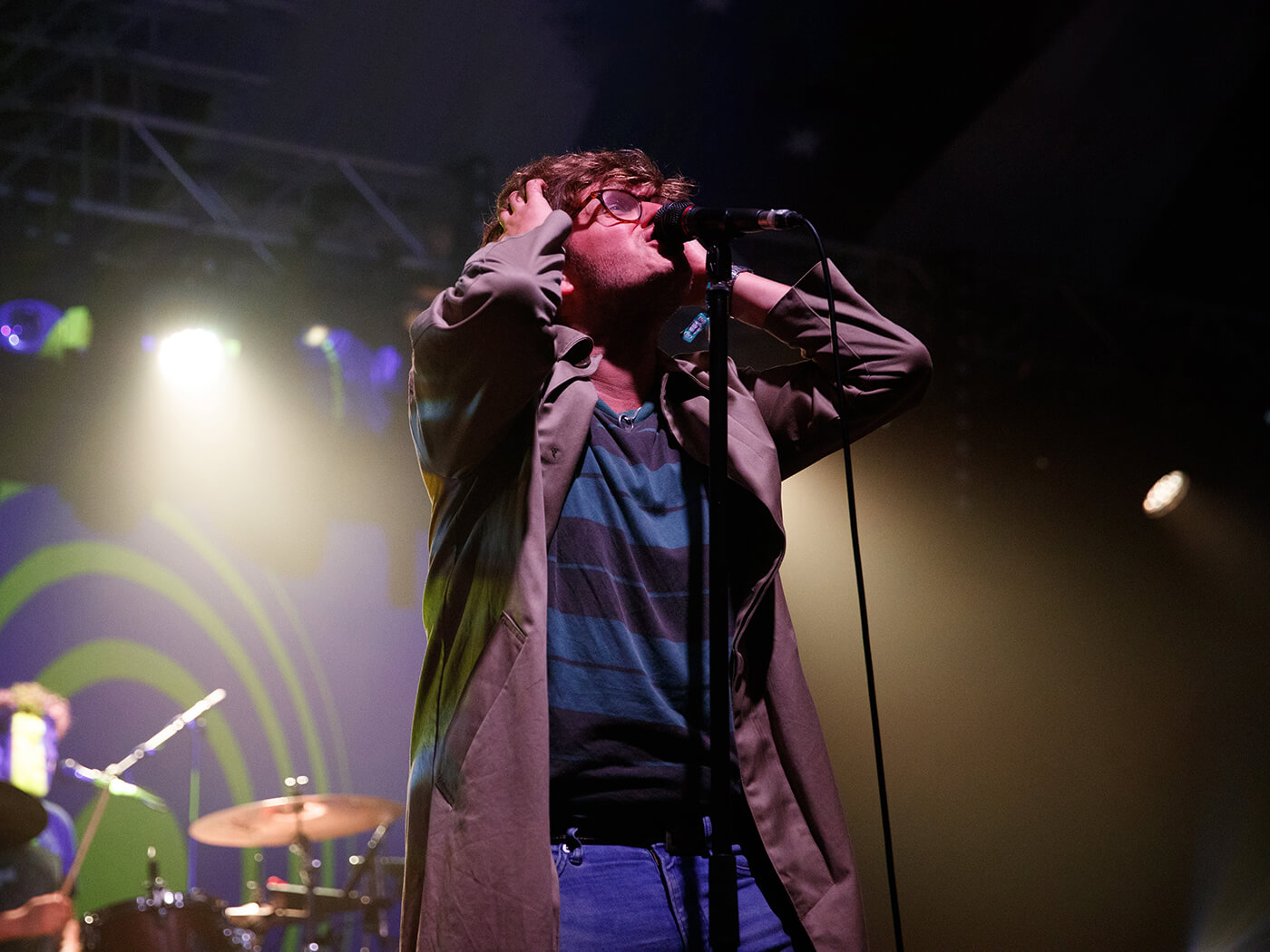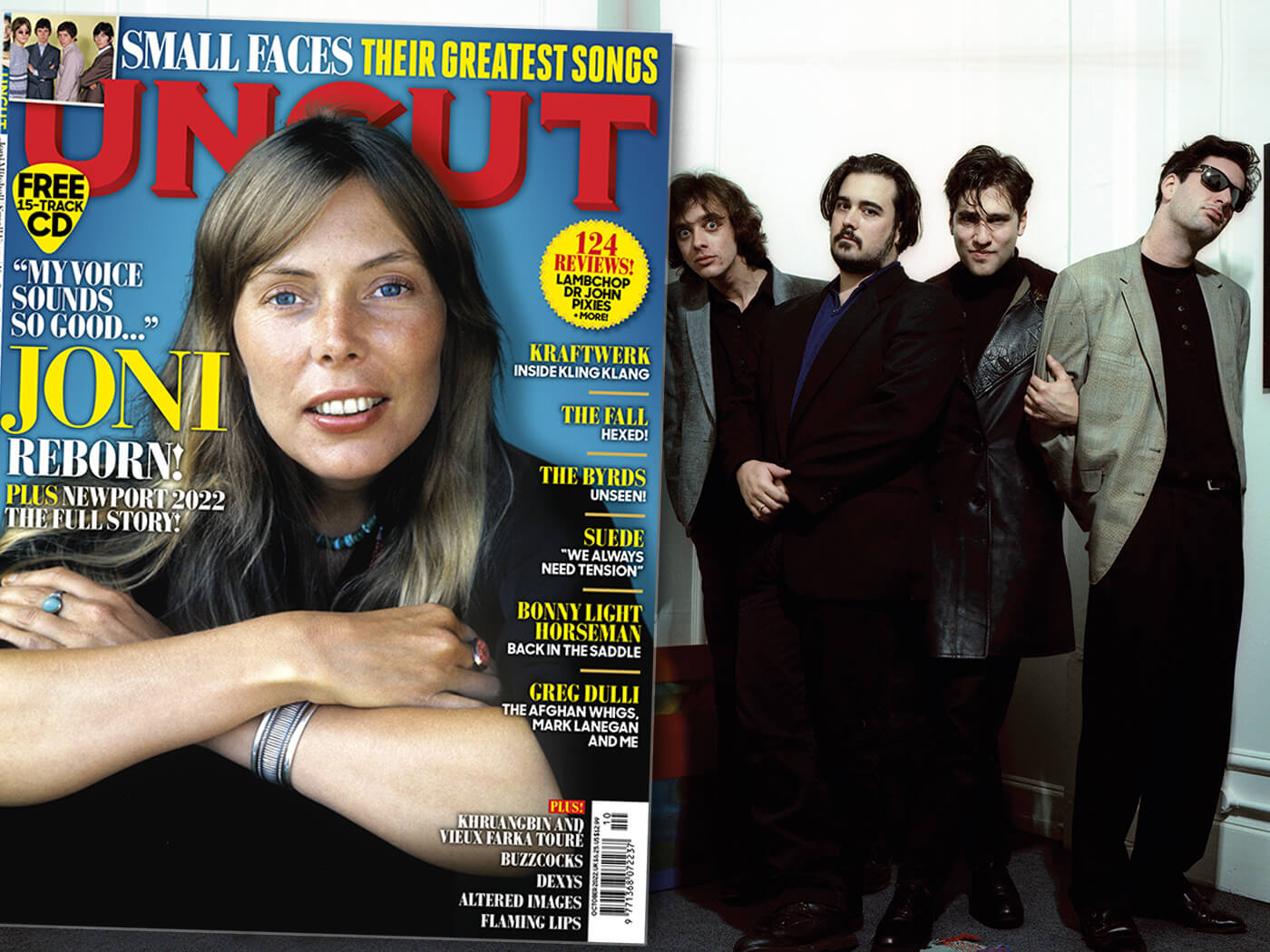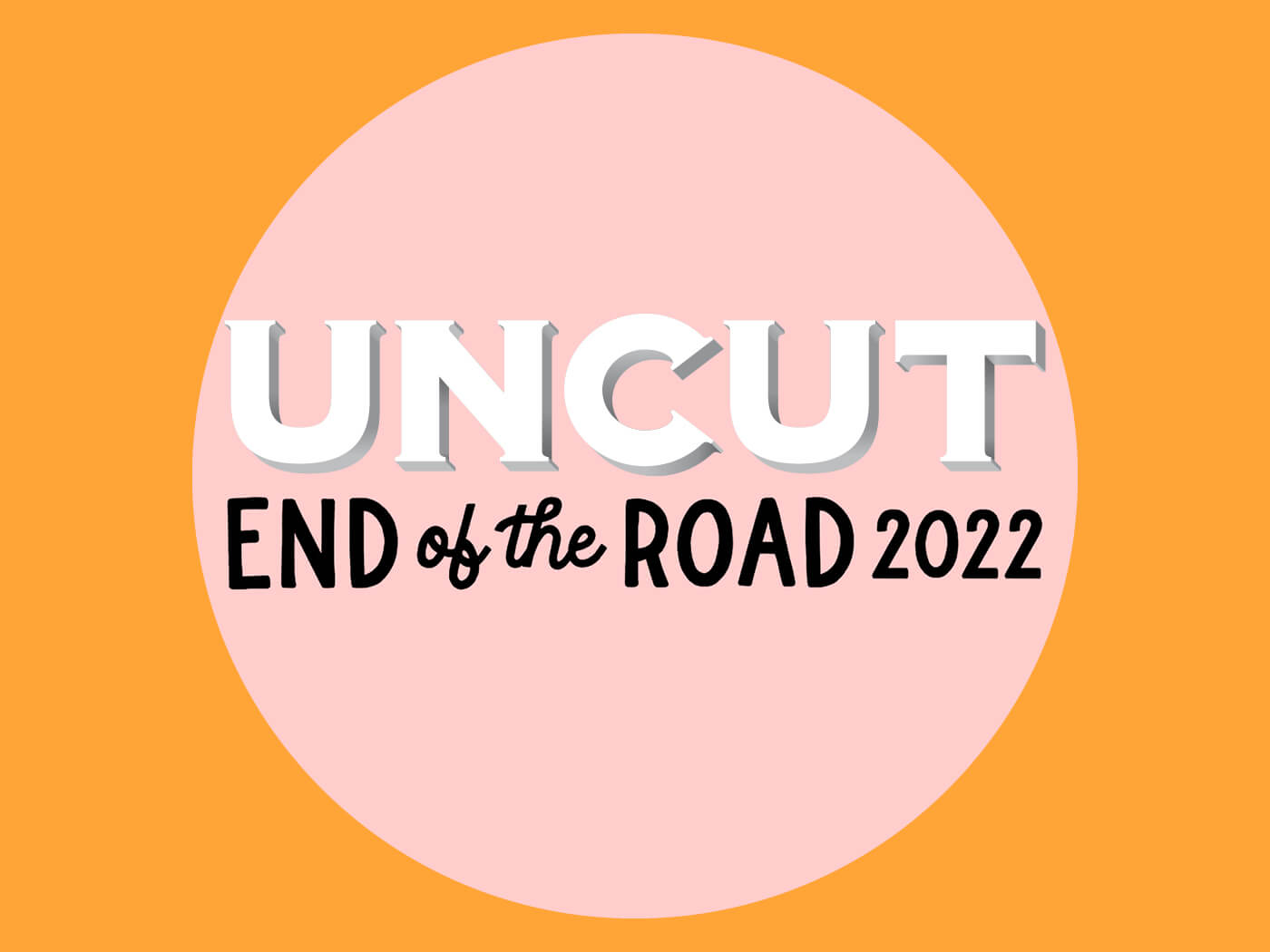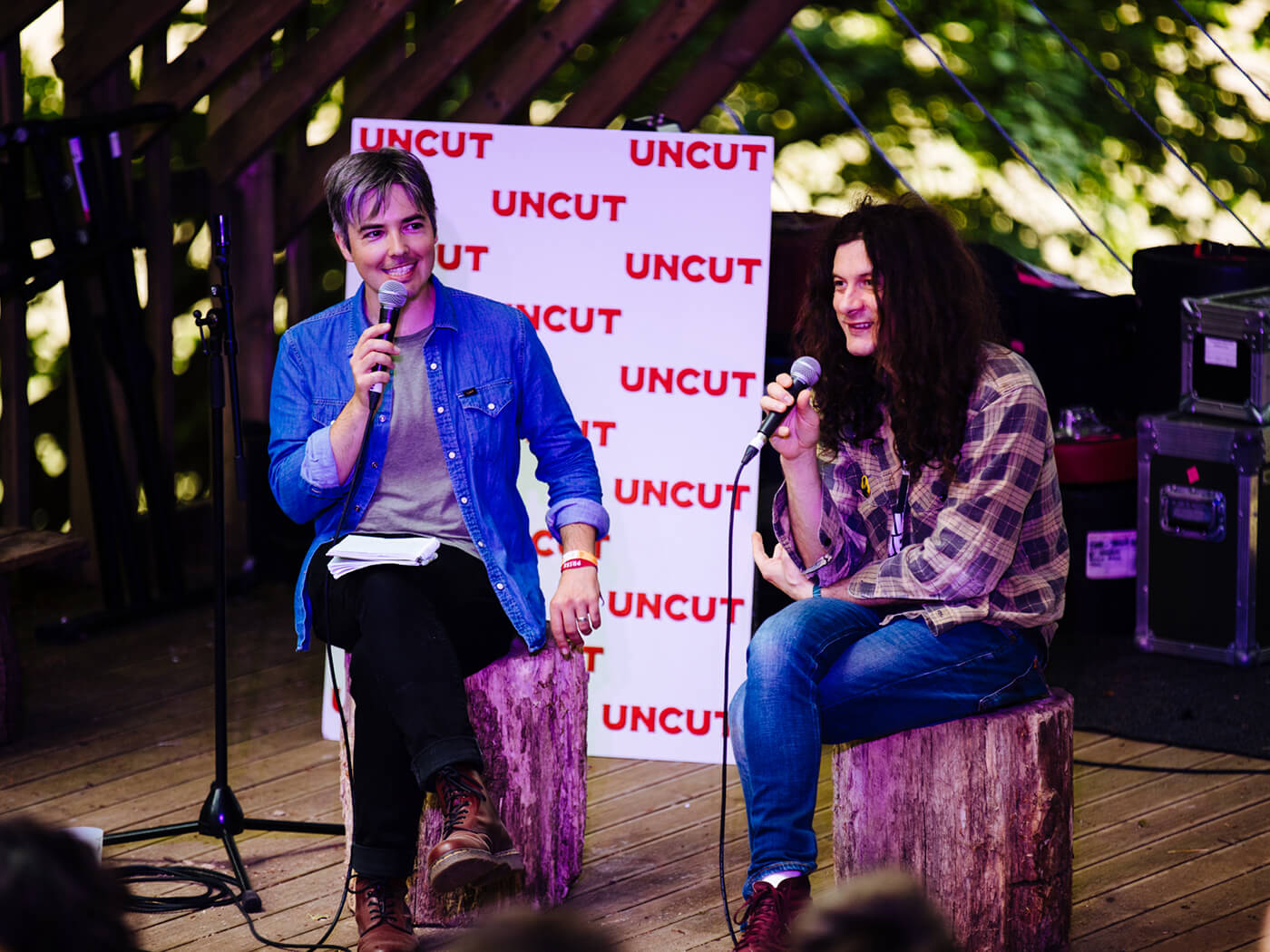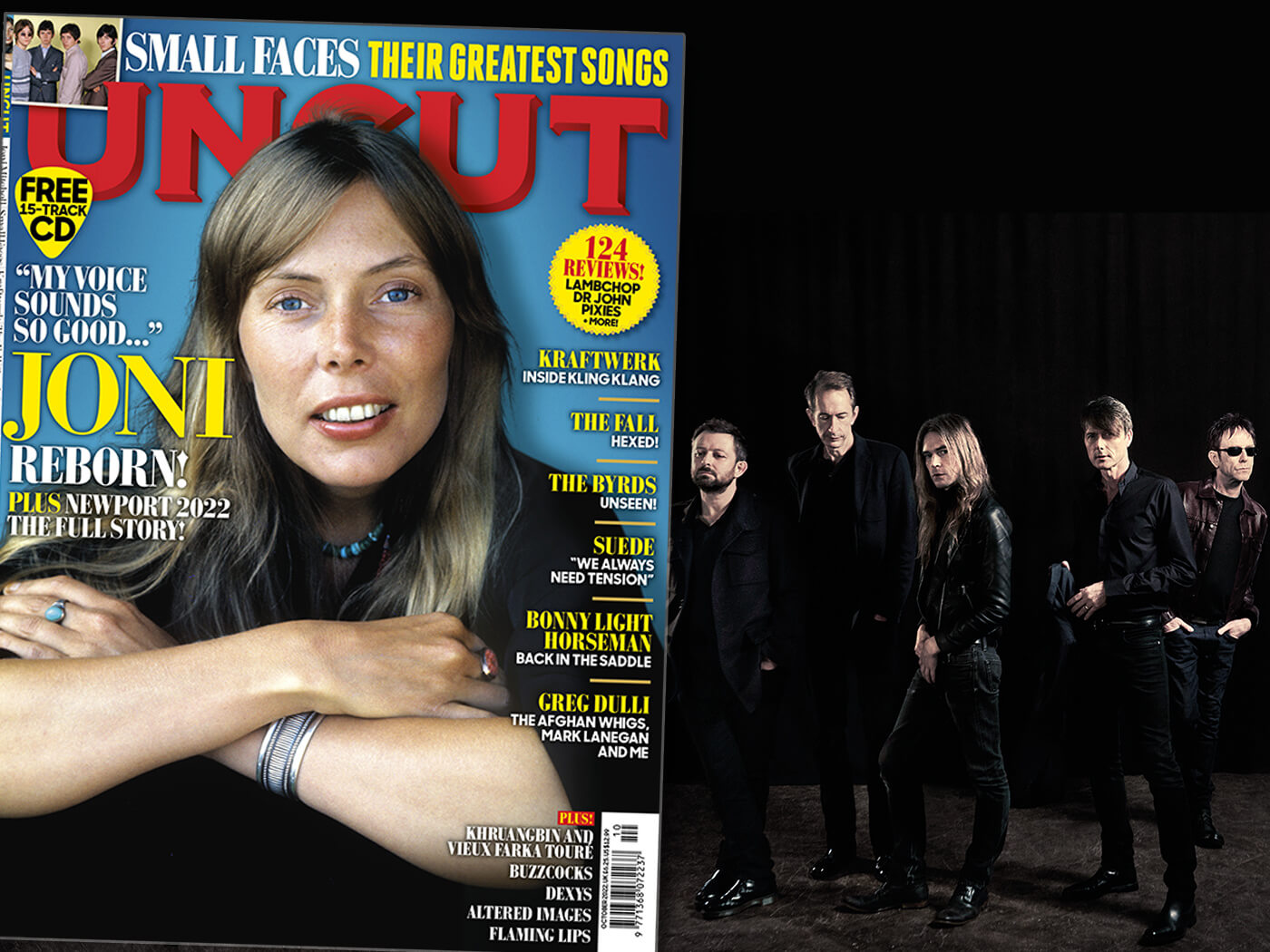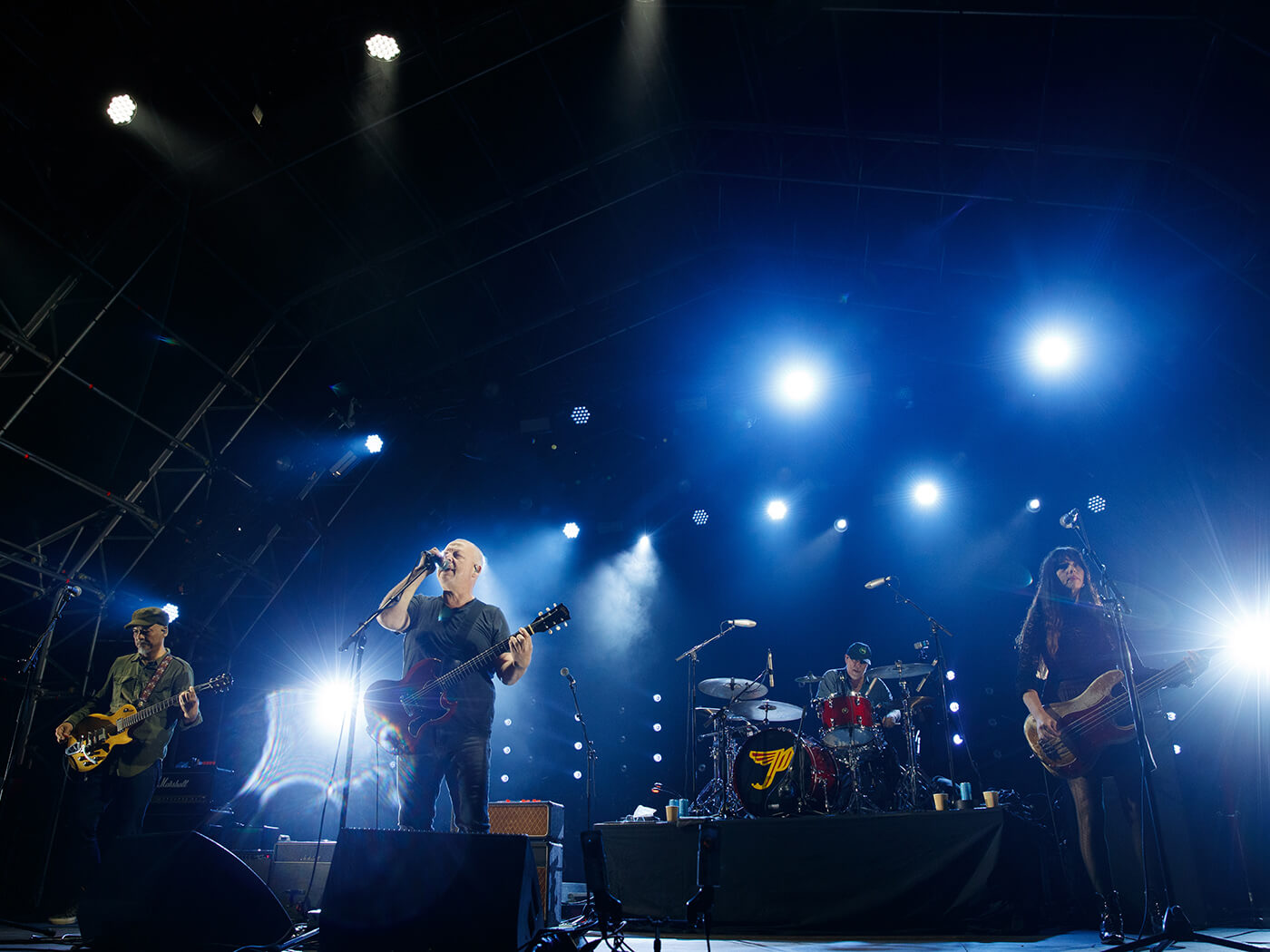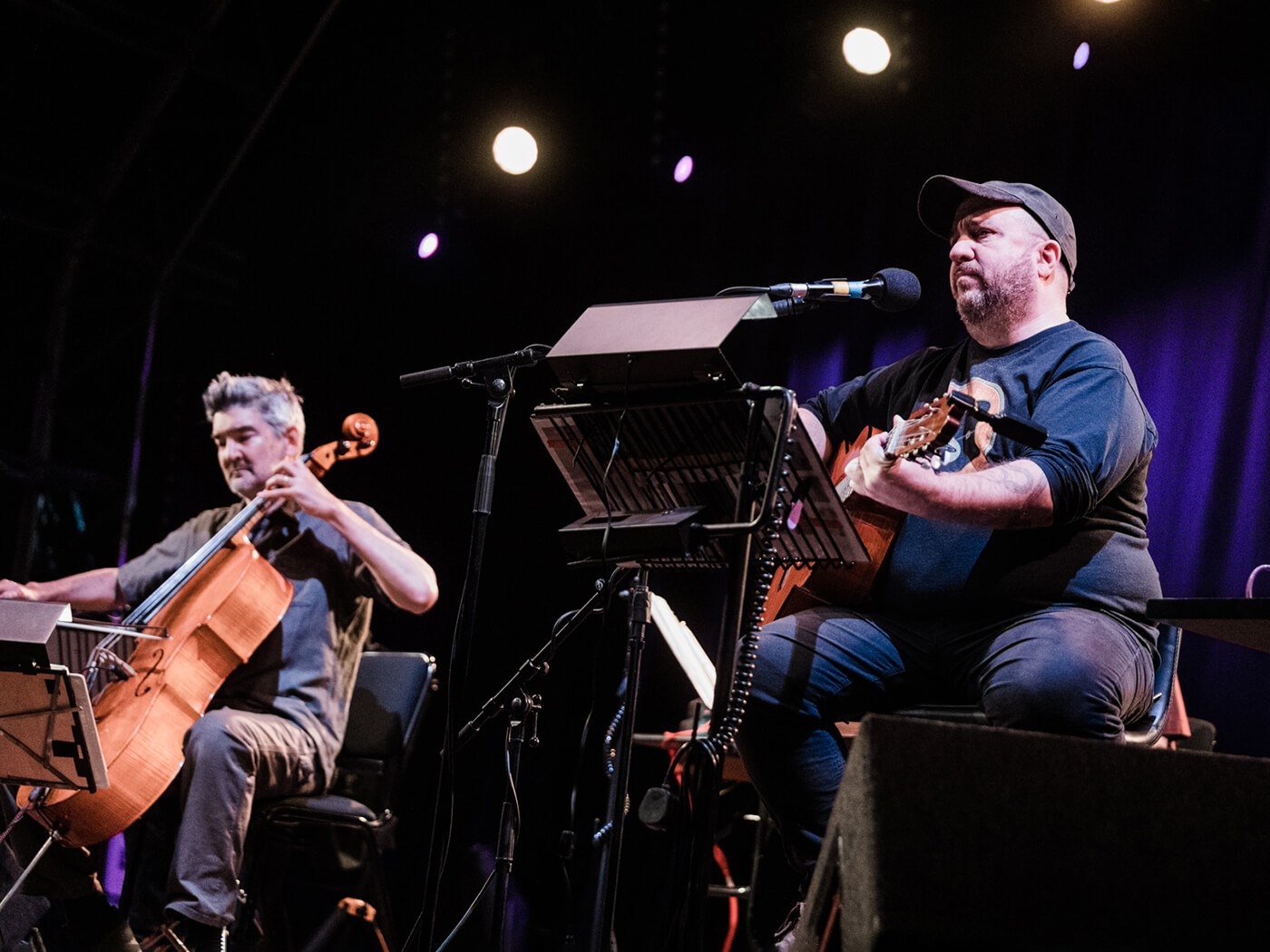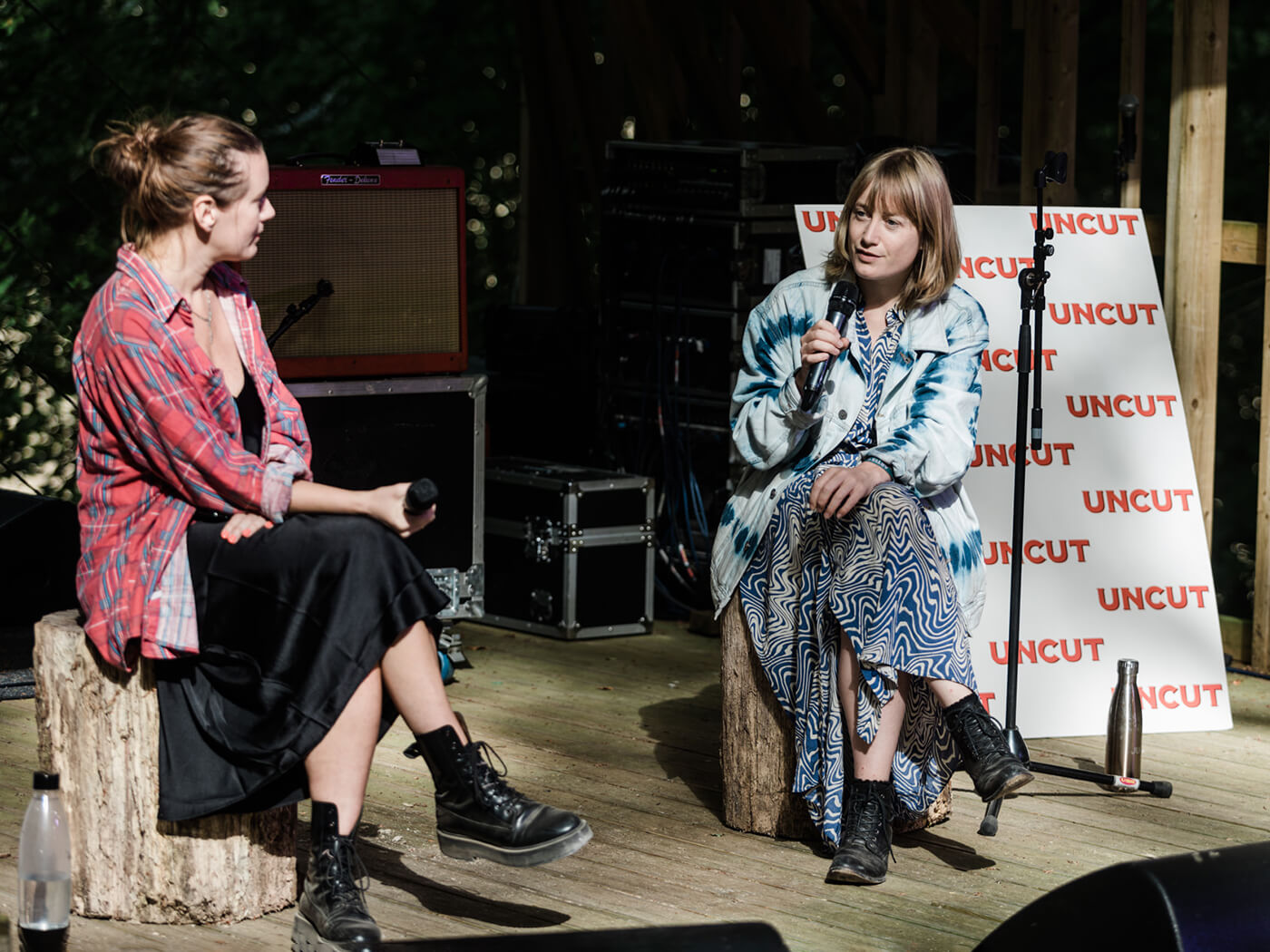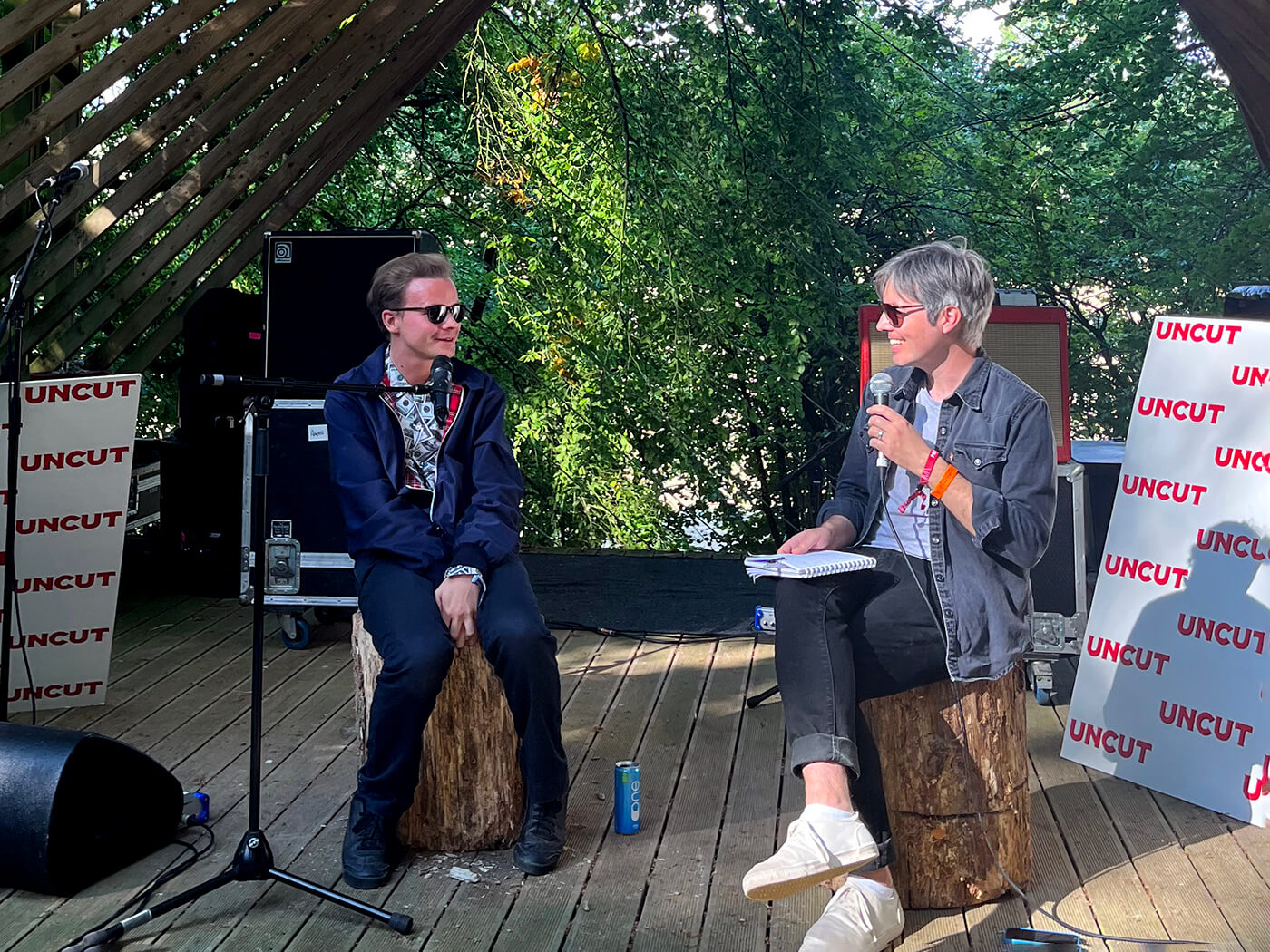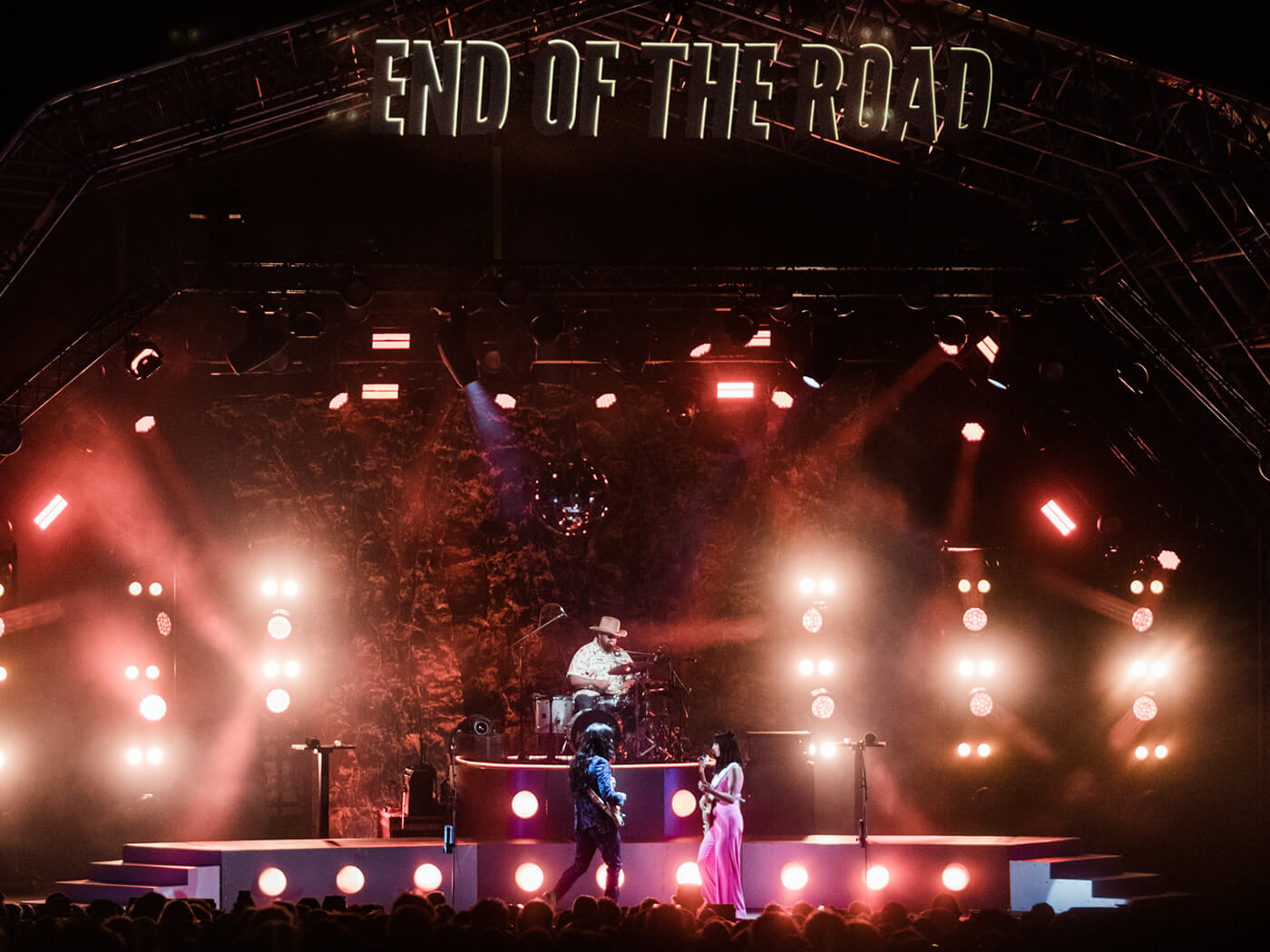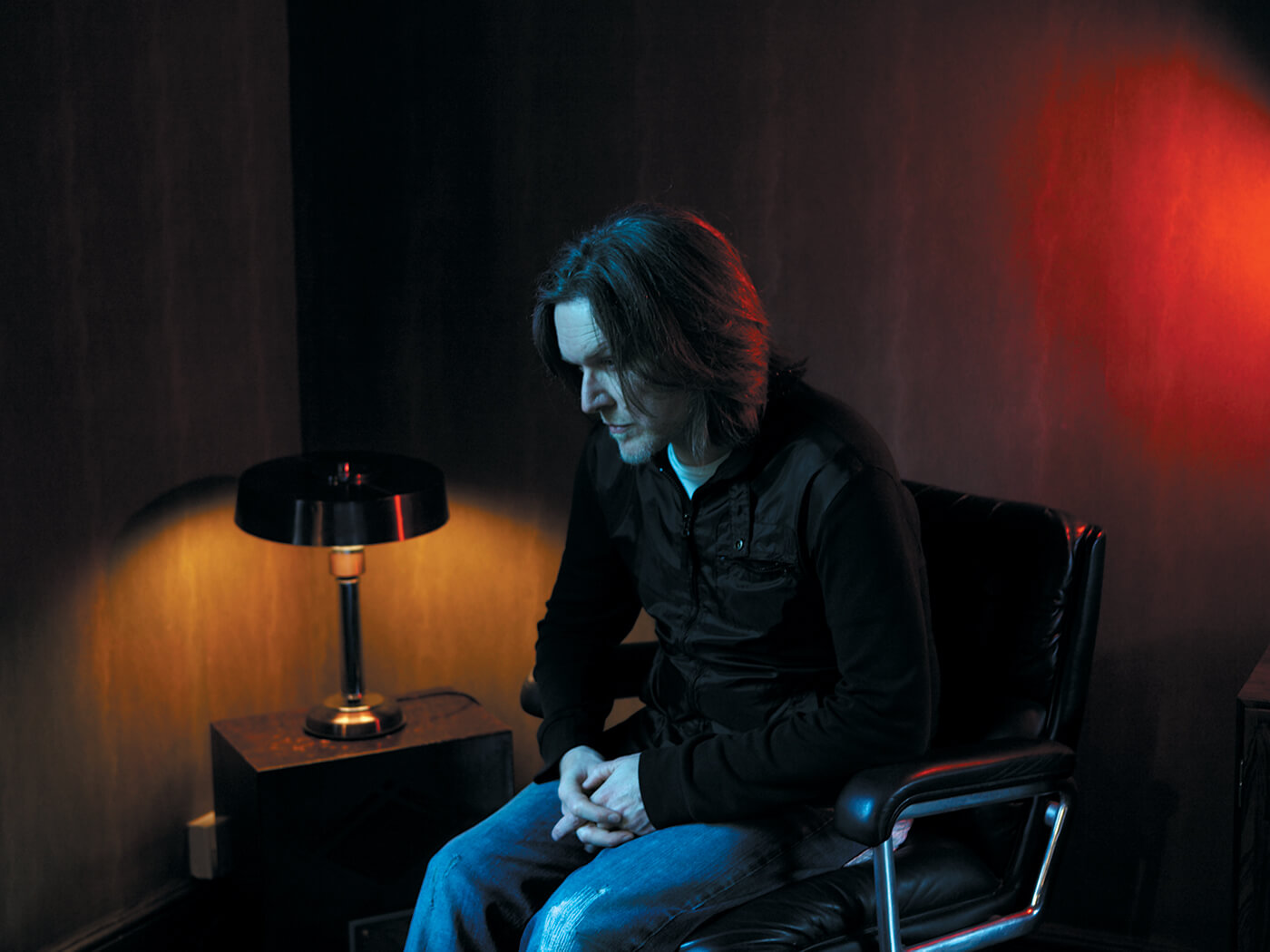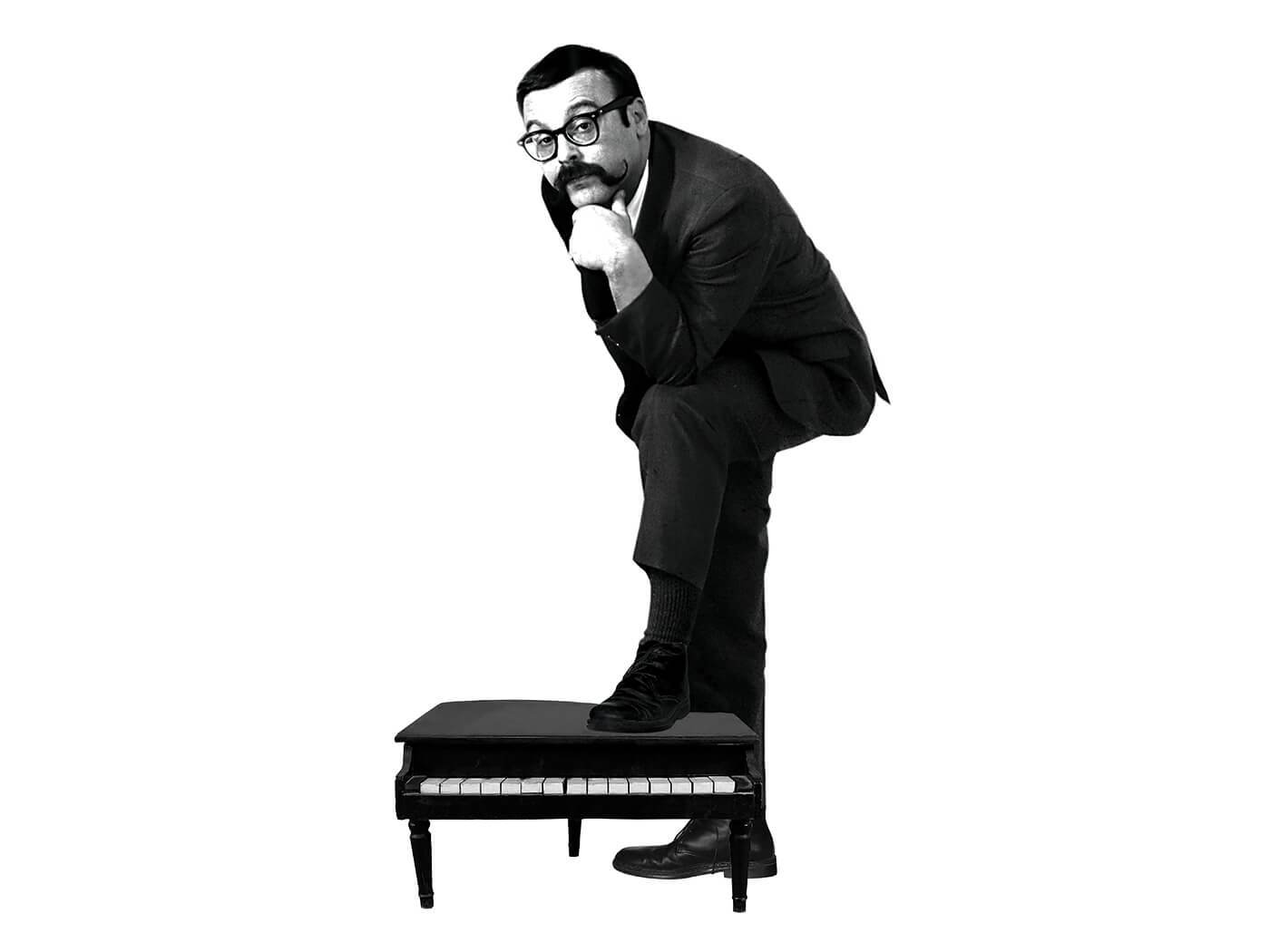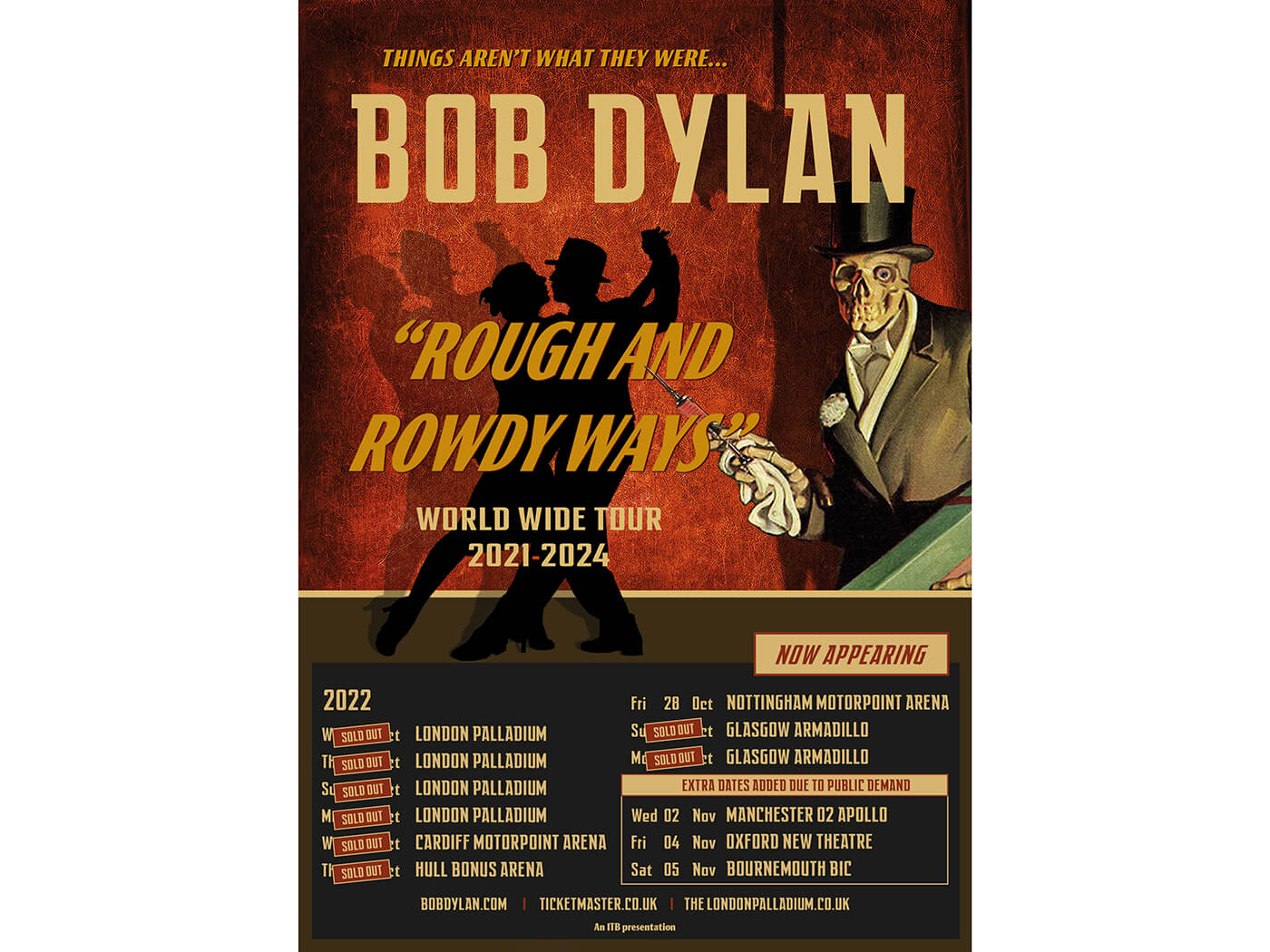“I definitely think I came up at a good time,” The Weather Station’s Tamara Lindeman tells host Laura Barton midway through the second Uncut Q&A of End Of The Road 2022, on the woodland Talking Heads stage. “There really was suddenly room for women in music and things were shifting, but everywhere I would go there’d still be all these guys in music who’d be like, ‘OK, let me let me tell you what to do’. Intended in a very helpful way, but it was hard to realise, like, ‘Wait, I don’t have to listen, and I don’t have to respond’.”
She’s talking in particular about her shift from acoustic folk to more electronic and synth textures on last year’s fifth album Ignorance, Uncut’s album of 2021. “When you’re a blonde woman holding an acoustic guitar, people are like, ‘That’s perfect, stay that’. And I was like, ‘I can’t do that’. I really tried, but I couldn’t.”
The shift, she explains, was partly inspired by the experimentation she’d hear playing festivals like End Of The Road. “I am this idiosyncratic guitar player and I was playing music where I really love to have silence and dynamics in music,” she says. “I just was realising, to me, there’s such a difference between headphone music and live music, and live music is – no matter who you’re listening to – still a communal experience. And so I was thinking about the experience of an audience and a room of music. And that led me to rhythm and realising how powerful a very steady beat is, and I also was realising that I liked, more than I realised, dance music or pop music. Sometimes there’s something very reassuring about it.”
The conversation naturally turns to the ’80s pop greats. “There’s so many songs that we’ve all heard by, like, Talking Heads or Tears For Fears, or Duran Duran or Kate Bush. We’ve all heard these songs that have penetrated your mind and they’re just there. But then you revisit them as an adult and you’re like, ‘Oh, that’s actually a very thoughtful key change’ or ‘that’s a really interesting chorus’ or you really realise how interesting the production is. It was such a beautiful time where I love how much melody there still was in 80s pop and how much harmonic complexity there can be in a huge hit.”
Over 30 minutes, the discussion traces Lindeman’s route to alt-pop fame. Life as a teenage TV actor, she reveals, “taught me a lot and took me around the world and it got me out of high school. I was going to a small rural high school and on a film set I would meet wonderful weirdos and artists. It was like this vision of another way to live.” But she learnt to despise being moulded, dressed and directed. “When I was 19, I just had this lightning bolt moment of like, ‘I’m going to make music, I’m going to record my own records’,” she says. “The idea of being completely in charge of every aspect of it was something that was very formative.”
Finding herself in the “Torontopia” indie rock scene in the early ’00s, she found music “approachable” and learnt banjo to join bands while also making her first “insular” music in her walk-in closet. Back then she saw her “computer music” as an artwork of sound to be constructed. “I was just trying to figure out sound and not even really thinking about songs or lyrics. I was like, ‘If I layer this on top of this, it creates this picture’.”
And so began a career-long battle to keep her hand on the rudder. “With my first computer record, it was very much only me, and then other people got involved and started having opinions,” she says. “And then it was another journey to learn how to push against that in a kind way. To try to just be fully on your own journey is difficult.”
A journey made tougher by regular and unpredictable bursts of sonic shame. “I went back and forth between thinking [Ignorance] was just way too poppy and then sometimes thinking it was just way too like fucked up,” she admits. “It’s always felt like I have revealed a terrible secret. Even playing a show or putting out a record or a song. There’s always a vulnerability hangover, a shame hangover, where you feel like crawling into bed for a couple days and you don’t want anyone to see you. Every music video I’ve put out in the last two years, I’m so proud of it and then it comes out and I’m just like, ‘What have I done?’ I literally get very angry at myself every time.”
When did this shame become something like pride, Barton asks her, pointing to the album’s success. “That’s not really how shame works,” she replies. “It can show up anytime, no matter what. It’s a quite a mystical substance.”
Nonetheless, she can recognise the similarities between herself and an icon such as Joni Mitchell: “she’s pulling apart these very, like knotty things. A lot of her songs are questions and that to me is what I think of when I think of what does it mean to be a feminine writer.” And the practice of writing a book about how to write lyrics and mentoring other musicians has helped her deal with her own creative stumbling blocks.
“The place that you’re stuck is really important,” she says. “Now in myself as a writer, I feel so much less trapped by my own tangles, because I’ve seen them in other people. What I found was for all the female singer songwriters in particular, the part in the song that they were unsure of, or where the lyrics just suddenly didn’t make any sense, it was always this deep well of complexity in their lives, or it was a question that they were afraid to ask or it was something they didn’t want to know or something they didn’t want to say. Writer’s block and insecurity are actually very important things that have a lot to teach you.”
Lindeman and Barton discuss the “anger of betrayal” which led Lindeman to theme Ignorance around the climate crisis, and her peaks and dips of optimism on the topic under Biden’s presidency. “When I wrote that record, it was very much coming out of the anger over the silence and the lack of acknowledgement of ‘this is happening’. There were so many feelings that were in my heart at the time that have shifted, because the conversation has really leapt forward in the last couple of years. People are so much more able to talk about it, much more willing to talk about it. We’ve really moved somewhere.”
The main chat touches on the relation between Ignorance and this year’s “sister” record How Is It That I Should Look At The Stars, before the floor – well, dusty hill – is thrown open for audience questions. Here we learn that Lindeman can’t listen to her own albums (“I can’t hear it like a normal person can….sometimes now my songs are on the radio or I’m in a coffee shop, I have to leave”) and that it’s something of a miracle that she’s ever finished a record at all.
“I have a song about the moment before you write the song, where it’s perfect, and it’s wonderful and it’s everything,” she says. “And then every word you write and every note you record it’s like you’re cutting off escape routes. It’s this beautiful well of possibility and then everything you do you’re cutting off limbs and closing doors. It’s not going to be this, it’s not going to be that. [When it’s released] it’s like a butterfly that’s pinned to the wall. So I think I just had to make peace with how much I’ve struggled with that and how upsetting it is, just make peace with losing all the possibilities. Then I could sometimes put it on and it’d be like, ‘Oh, it’s so alive’, once I made peace with all the things that it wasn’t.”
Catch up with the rest of Uncut’s End Of The Road 2022 coverage here:
Khruangbin, Sudan Archives: End Of The Road Festival 2022 – Day 1
Black Midi Q&A: End Of The Road Festival 2022 – Day 2
Naima Bock, James Yorkston, Black Midi: End Of The Road 2022 – Day 2
Tinariwen, Fleet Foxes, Beak: End Of The Road 2022 – Day 2
The Magnetic Fields, Kevin Morby: End Of The Road 2022 – Day 3
Pixies, Margo Cilker, The Weather Station: End Of The Road 2022 – Day 3
Kurt Vile Q&A: End Of The Road 2022 – Day 4
10 Highlights From End Of The Road Festival 2022 – Day 4
Yard Act, Bright Eyes: End Of The Road 2022 – Day 4
Aldous Harding, Ryley Walker, Cassandra Jenkins: End Of The Road 2022 – Day 4


